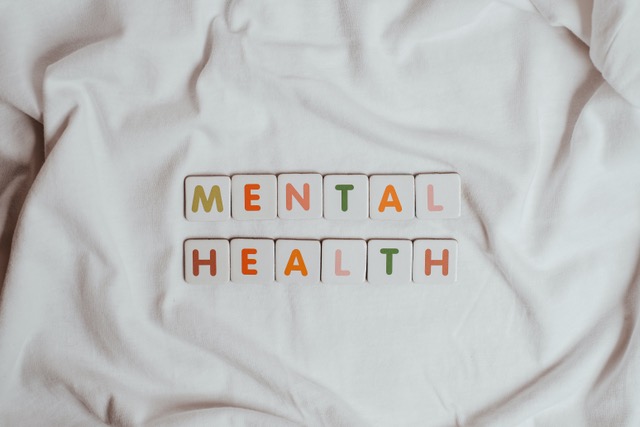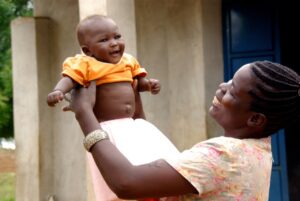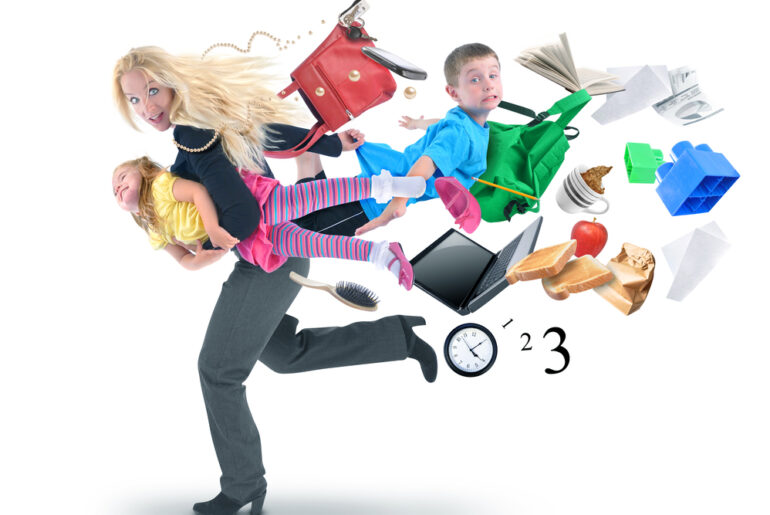Why Maternal Mental Health Matters
14.03.23
Make Mothers Matter submitted its contribution to the Call for Evidence of the EU Commission on Mental Health.

The aim of this EU initiative is to improve mental health by integrating it into all relevant EU policies and to maximise the added value of EU policies in national and local efforts.
The EU Commission states that “mental health is a determining factor in the effectiveness of EU policies as well as in the health, stability and prosperity of our societies. And that mental health deeply affects the health and well-being of individuals and has profound implications for the economy and social cohesion”. Furthermore, it considers that “the good mental health of the European population is a fundamental resource for social stability and economic prosperity, as well as for quality of life”.
This initiative seeks to ensure that the EU adds maximum value to the coordinated efforts undertaken by Member States and others to help promote mental health, prevent poor mental health, treat mental health problems and deal effectively with the consequences.
 MMM welcomes this timely and comprehensive initiative. As the EU Commission has justly highlighted with this call to evidence, mental health remains a fundamental part of human beings’ ability to live fully and flourish. As we emerge from the COVID-19 pandemic, the importance of safeguarding our communities’ mental health could not be clearer.
MMM welcomes this timely and comprehensive initiative. As the EU Commission has justly highlighted with this call to evidence, mental health remains a fundamental part of human beings’ ability to live fully and flourish. As we emerge from the COVID-19 pandemic, the importance of safeguarding our communities’ mental health could not be clearer.
The WHO defines mental health as “a state of mental well-being that enables people to cope with the stresses of life, realize their abilities, learn well and work well, and contribute to their community”.
In our answer we underlined some essential points that should be taken into consideration when developing policies.
Nearly 1 in 5 women worldwide will develop mental health problems during pregnancy or within the first year postpartum. Despite these numbers, the provision and integration of quality mental health services into a comprehensive package of maternal health services remains inadequate and under realised across the EU.
According to Ana Ganho, chair of the EU Cost Action RiseUpPPD (of which MMM is a partner) leaving maternal health problems “untreated, has long-lasting detrimental effects on the mother (e.g., increased risk of further clinical episodes), the mother-child relationship (e.g., bonding) and the child (e.g., socio-emotional, and cognitive development. Particularly, up to 70% of women without early intervention develop persistent symptoms that last throughout postpartum and infancy, with increased Maternal Mental Health Disorders (MMHD) prevalence in younger women and women with previous history of Mental Health Disorders (MDD) of whom about 50% remain depressed beyond the first 12 months after giving birth. Without routine screening integrated into prenatal care, MMHD is severely under-diagnosed and under-treated. Although early identification is essential for prevention, only 20% of women with MMHD are identified during the perinatal period”.
Why should the EU care about maternal mental health?
- Significance in Early Childhood Development.

The first 1000 days of a child’s life are crucial for their neuro-cognitive development as well as their physical, emotional and social development. This begins during fetal development and depends largely on the health of the mother
Childhood emotional adversity predicts neuropsychological structural and functional changes, similar to those seen in trauma exposure associated with PTSD and other disorder
- The financial burden/cost of maternal mental illness
The financial cost of unaddressed mental health issues on the EU region has been estimated as more than 4% of GDP across EU countries (or over EUR 600 billion)
A 2014 study done by the London School of Economics (LSE) demonstrated that for each one-year cohort of births the estimated cost was up to £8.1 billion, with 72% of the cost relating to the child and 28% to the mother
- Precipitants of maternal mental health issues in a post-pandemic society
Studies have found that the overall prevalence of peri-partum depression and anxiety have increased substantially throughout the COVID-19 pandemic
Factors that may have contributed include isolation, lack of social support, financial insecurity, unemployment, poverty, and increases in intimate partner violence
What are the current challenges in maternal health?
- Unaffordability of basic maternal health care services
– High out of pocket payments and existence of informal payments
- Barriers to accessing maternal services
– Geographic inaccessibility of health care facilities in rural areas
– Discrimination, linguistic barriers and fear or deportation for marginalized groups such as undocumented migrant women, Roma women and other minority groups
- Lack of integrated mental services as part of general maternal care
– Division between psychiatric and obstetric medical care
– Lack of adequate training of maternal health providers
– Lack of universal screening tools available to diagnose maternal mental health disorders
– Absence of national guidelines across Europe for the management of maternal mental health disorders
 MMM’s recommendations to the EU Commission draw on the WHO European Framework for Action on Mental Health 2021-2025, with an added focus on maternal mental health service provision:
MMM’s recommendations to the EU Commission draw on the WHO European Framework for Action on Mental Health 2021-2025, with an added focus on maternal mental health service provision:
1. Mental health service transformation : integrated maternal services which are inclusive of mental health services
2. Protecting people better against health emergencies: mental health services as essential health services
3. Ensuring healthy lives and well-being for all at all ages: recognising a child’s well-being is irrevocably linked to the health of their mothers
MMM would like to thank our intern Ingrid Froneman for her in depth research and work on the elaboration of this report. Ingrid is pursuing a Master of Science in Global Health, Social Justice and Public Policy at King’s College London.
Read full statement here
Read full statement of Prof Ana Gahno here
Time Poverty and the Motherhood Penalty – Unveiling Economic and Social Injustices
09.07.24
Mothers play an essential role in families by ensuring their loved ones are nourished, educated, and healthy, but their unpaid care work often leads to economic and social injustices, known
Envisioning care as a common thread to global crises
29.07.24
UN New York - Our virtual HLPF side-event brought together experts to shed light on how the various global crises we face (in particular climate change and other environmental crises,
We call for multi-stakeholder approach to recognise and support unpaid care work
21.07.24
UN New York - Participating in the meeting of the UN Economic and Social Council (ECOSOC) on care and support systems, MMM reaffirmed the principle of co-responsibility, which should underpin








